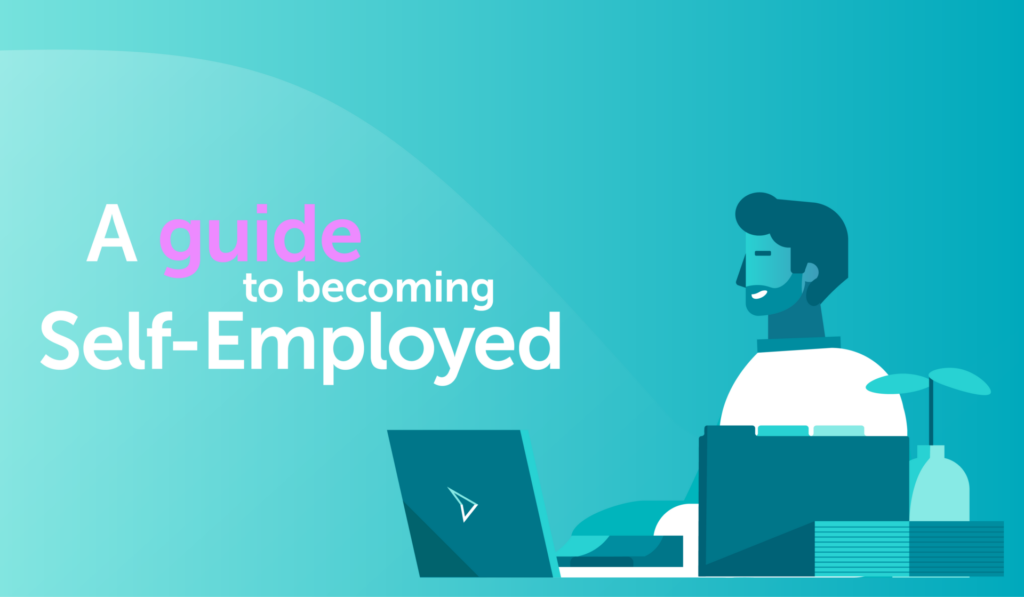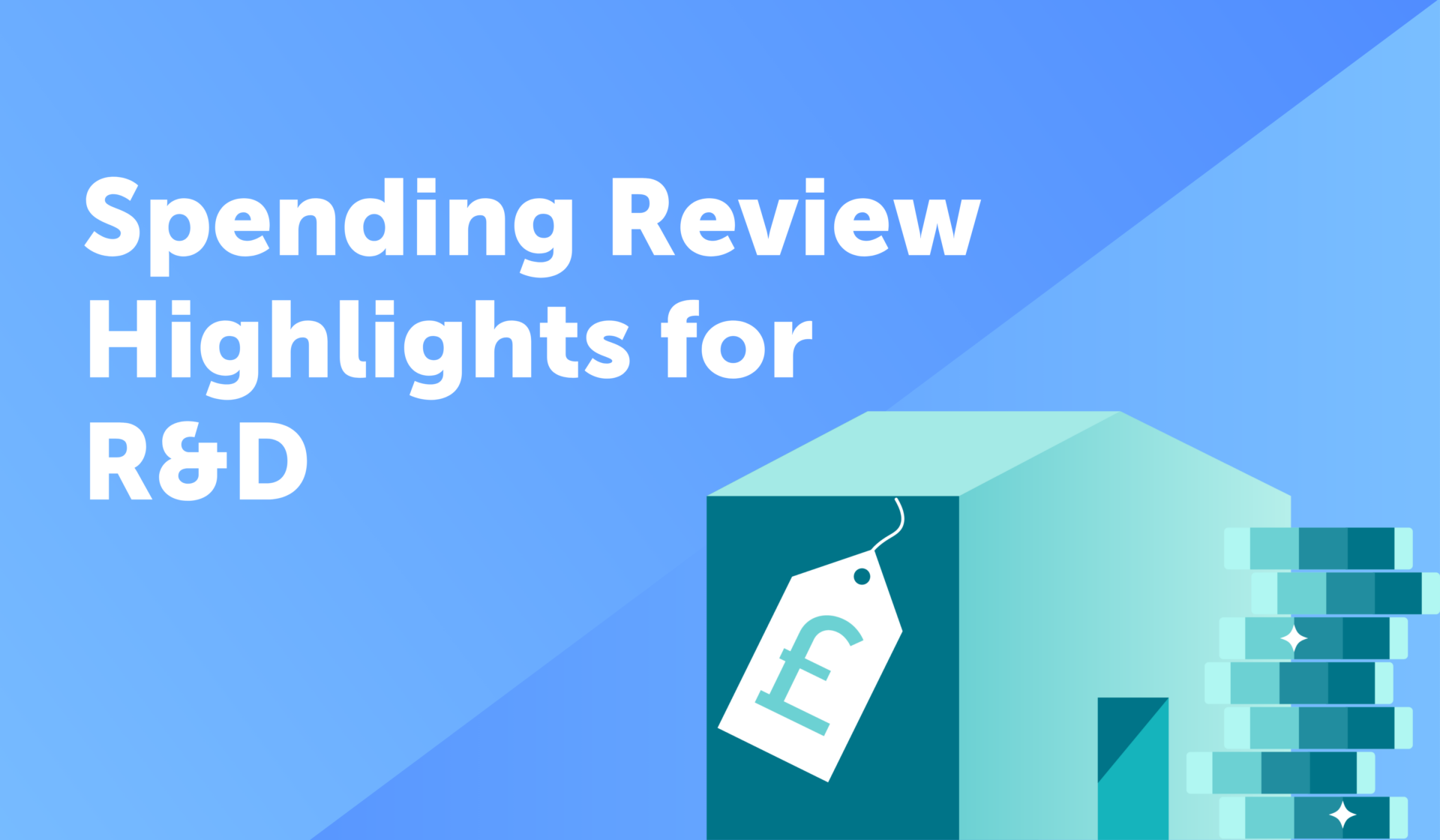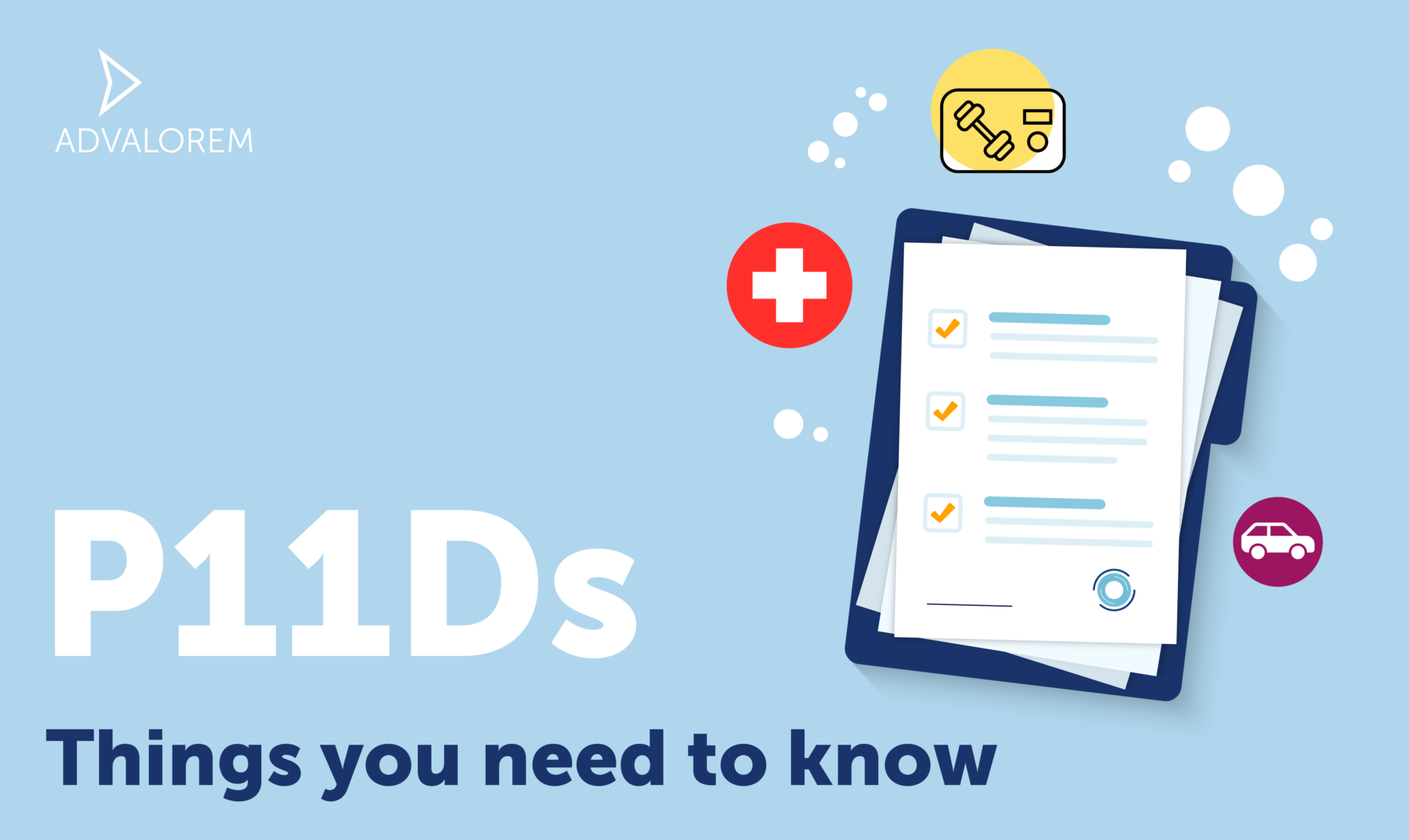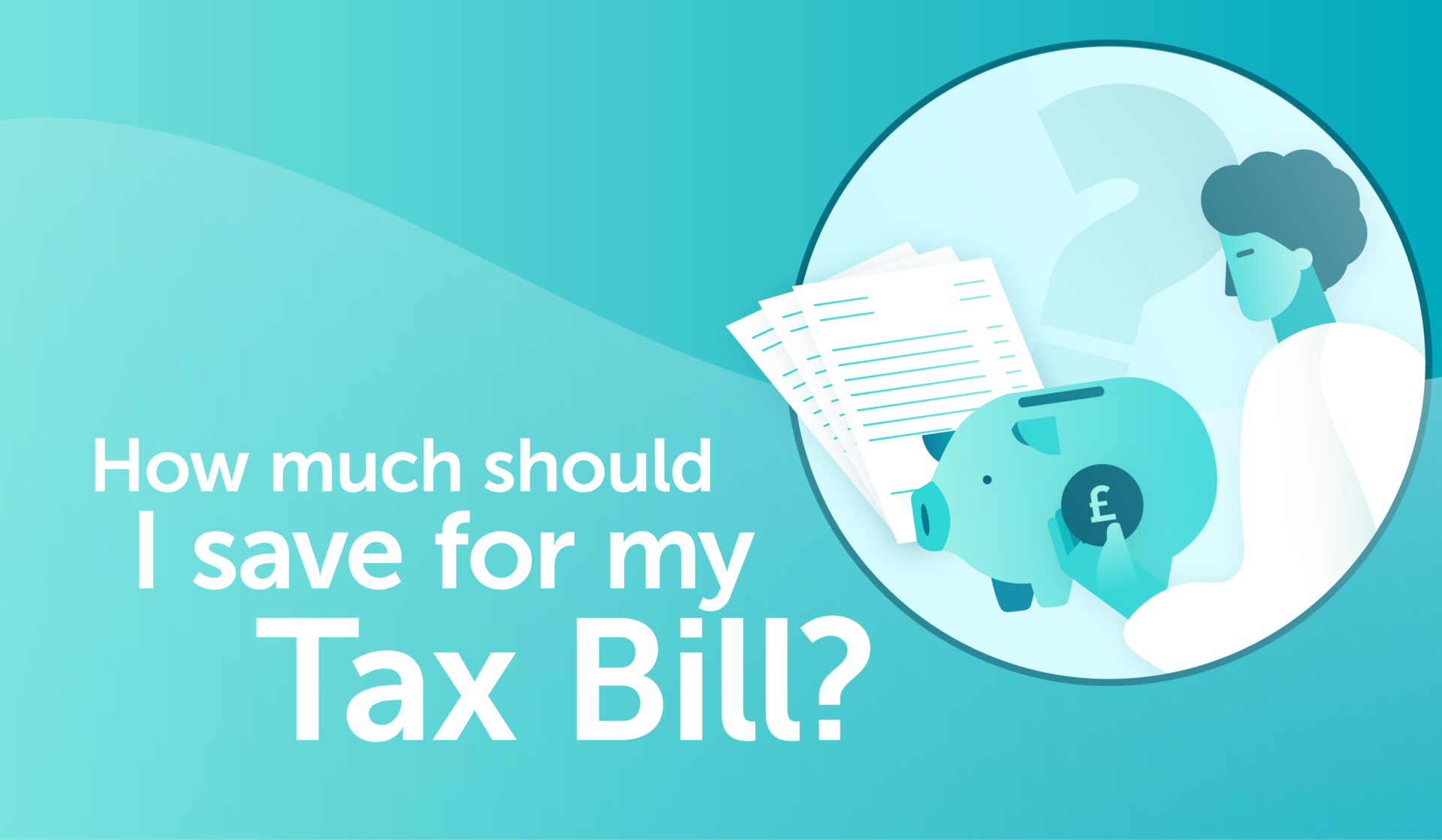
A Guide to becoming Self-Employed (a Sole Trader)
If you’re thinking about going self-employed, it’s both an exciting and also slightly daunting time. We’ve prepared this article to hopefully reduce that daunting feeling by providing some key information about the financial elements to becoming self-employed, to allow you to concentrate on getting started on your business!
We also have a video guide on “Becoming Self-Employed”.
Registering with HMRC:
One of your initial tasks as a self-employed individual is to register with HM Revenue & Customs (HMRC).
This step is crucial, as you have a responsibility to file a self-assessment each year as a self-employed individual earning over £1000.
You need to register by the 5th of October after your first tax year. For example, if you started trading on 1st November 2022, you need to register by 5th October 2023. The process is relatively straightforward and can be done online through the HMRC website here.
If you’re new to self-assessment, you may want to check out our Guide to Self-Assessment.
Setting Up Your Finances:
It’s important to keep track of your business finances, recording your income and expenses so that your tax is correctly calculated. We’ve broken this down into some useful steps.
Business Bank Account: It’s a good idea to open a separate bank account to keep your business transactions separate from your personal account. Some banks charge for business accounts, but more recently there have become a number of online free business bank accounts. Do your research before opening an account.
Invoicing: Set up an invoicing system to keep track of your income. Include clear payment terms and details on your invoices. Using online software like Xero is a great way to do this, along with being able to keep track of who has paid.
Expenses: Familiarise yourself with allowable business expenses for your business. These can be deducted from your taxable income, reducing your overall tax liability.
Some common examples include:
- Office rent or home office costs
- Travel and transportation expenses
- Equipment and tools
- Marketing and advertising expenses
- Professional fees (e.g., accounting, legal services)
- Training and education relevant to your business
As expenses differ for each business, we’d always recommend checking with your accountant whether a particular expense is allowable. You don’t want to be caught out by claiming for something you shouldn’t have with HMRC.
Key dates to remember:
Now you’re self-employed you won’t be paying your tax monthly to HMRC, as you did as an employee. Instead, your tax is calculated annually from 6th April to 5th April. Most self-employed people run their year-end to 31 March, to keep transaction neatly closed at the end of a month. You then have until 31 January the following year, to prepare your accounts and self-assessment tax return.
Your tax liability is also due to be paid by 31 January and if your bill is over £1000 you will also need to pay a “payment on account” for the following tax year. For more information read our article “What is a Payment on Account?”
Do I need to be VAT registered?
You must register for VAT if your taxable turnover exceeds £85,000 in a 12-month period.
There are potentially other reasons why you may want to register for VAT, so it’s always best to discuss with an accountant.
For a more details on VAT registration, read our article “When do I need to register for VAT?”
Summary tips:
Going self-employed from a financial perspective is very different to being an employee, where your employer is responsible for reporting your income to HMRC and paying your tax. Staying organised with your finances will be key to your success as a self-employed individual. We’d recommend preparing a basic budget so you can keep an eye on your income and expenses, which will help estimate what your tax bill will be. Also remember that your first tax bill may be up to 50% more than you think, due to the payment on account.
If you have any questions around self-employment, please don’t hesitate to get in touch on the details below.
(E) enquiries@advaloremgroup.uk (T) 01908 219100 (W) advaloremgroup.uk







